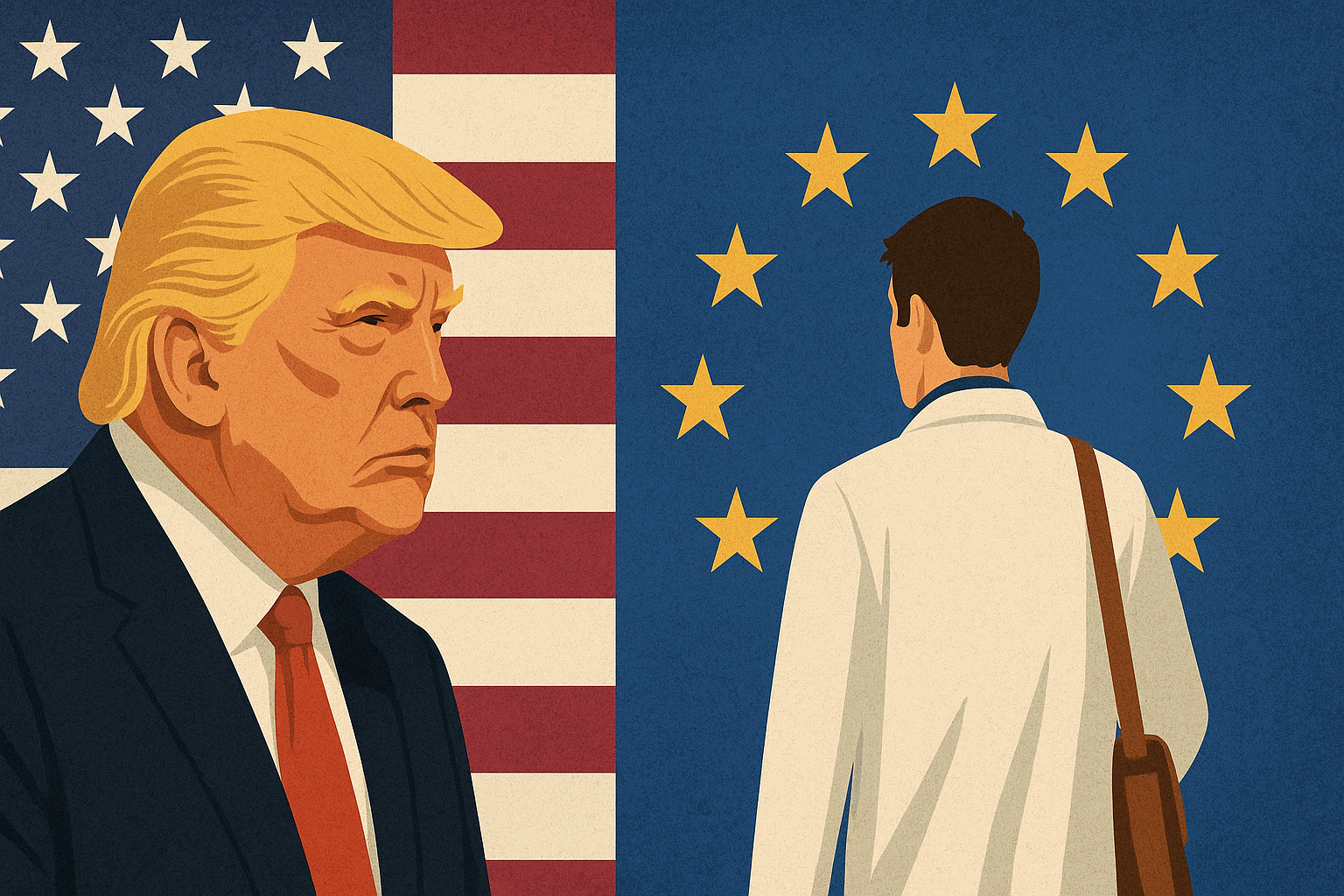The European Union is experiencing an unprecedented surge in interest from American academics as researchers seek opportunities abroad amid growing tensions between the Trump administration and the U.S. higher education sector.
According to EU officials, applications from U.S.-based scientists for European research and innovation grants have tripled this year compared with 2024, marking a historic high for programs such as the European Research Council (ERC) and the Marie Skłodowska-Curie Actions (MSCA).
Rising American Applications
The ERC, which funds cutting-edge basic research, reported a 22% increase in applications for its early-career grants — reaching a record 4,807 proposals in 2025. Of these, 169 came from the United States, nearly three times last year’s number. Senior-level grant applications were also up 31% year-on-year and 82% compared with 2023.
Similarly, the MSCA postdoctoral fellowships, which support cross-border research mobility, received 17,058 applications — the highest in the 40-year history of EU research programs.
EU Research Commissioner Ekaterina Zaharieva acknowledged that the U.S. academic climate has contributed to the surge. “We are not celebrating what is happening with scientists,” she told the Financial Times, “but we want to provide them with opportunities to continue their work.”
U.S. Funding Cuts and Policy Pressure
The spike in American interest comes amid sweeping policy changes under President Donald Trump, whose administration has cut billions of dollars in federal research funding to U.S. universities. The cuts target programs linked to diversity, climate change, and other areas deemed misaligned with government priorities.
In addition, the administration has frozen grants to pressure universities — including elite institutions such as Harvard — to adopt new governance rules and promote “viewpoint diversity.” Stricter disclosure rules have also been introduced for universities receiving U.S. federal funds, increasing scrutiny over foreign funding and intellectual property management.
These measures have fueled uncertainty in academic circles, prompting many researchers and students to consider relocating abroad.
Europe’s “Choose Europe” Strategy
The EU has sought to capitalize on this trend through its “Choose Europe” strategy, launched in May to attract top talent and support innovative companies. Commissioner Zaharieva said the initiative aims to position Europe as a global hub for science and technology by strengthening research opportunities and investment in strategic sectors.
To support this, Zaharieva has been working with private investors — including Novo Holdings, Denmark’s EIFO sovereign wealth fund, and Spain’s Criteria Caixa — to launch the Scaleup Europe Fund. The fund, expected to begin investing by spring 2026, will start with €2.5 billion, with plans to grow to €5 billion, targeting sectors such as artificial intelligence, quantum computing, semiconductors, and biotechnology.
A Global Race for Talent
While Zaharieva refrained from claiming Trump’s policies were directly benefiting Europe, she emphasized that the international competition was ultimately about talent, not money. “Everyone wants to attract talented people,” she said.
As U.S. academic institutions grapple with funding cuts and political pressure, Europe appears to be emerging as a major destination for researchers seeking stability — and a renewed commitment to scientific freedom and innovation.








